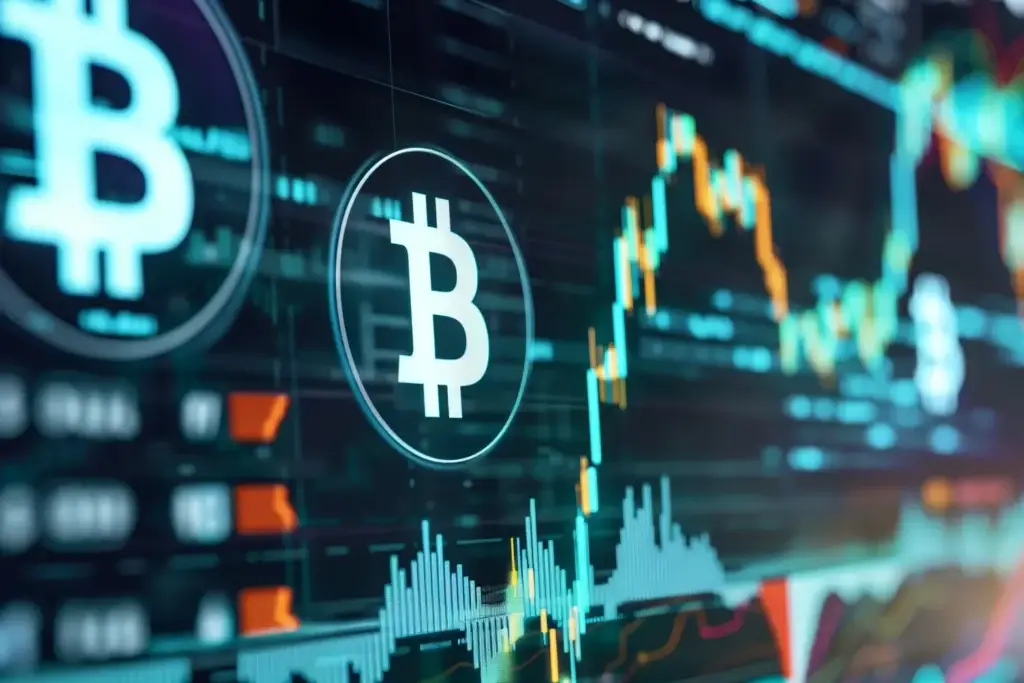
Gold has been a symbol of enduring value for thousands of years. It was the backbone of economies and the foundation of wealth due to its universal appeal, durability, and scarcity. However, in the 21st century, a provocative question arises: Could a digital currency, which is not derived from the earth but rather from code, ever surpass gold in terms of value and acceptance?
The concept is no longer a fantasy, as Bitcoin and other cryptocurrencies continue to acquire momentum. However, the extent to which humanity will completely embrace a digital asset that surpasses gold is a profoundly philosophical and intricate question.
The Allure of Digital Value
Many of the qualities that render an asset valuable have already been demonstrated by digital currencies such as Bitcoin:
* **Scarcity:** The fixed supply of 21 million coins in Bitcoin resembles the rarity of gold, thereby establishing a sense of digital scarcity. * **Portability:** Crypto assets are instantaneously transferable across borders, in contrast to gold, which must be physically stored and conveyed.
* **Divisibility:** Cryptocurrencies are readily divided into minute units, rendering them suitable for routine transactions.
* **Transparency and Security:** Blockchain technology facilitates secure, traceable ownership without intermediaries.
* **Resistance to Manipulation:** Decentralized digital currencies are less susceptible to political or institutional interference.
These characteristics have sparked speculation that digital assets may eventually surpass gold in terms of perceived value.
Cultural and Psychological Obstacles
Gold is imbued with profound psychological and cultural significance, despite its superficial similarities:
* **Tangible trust:** Individuals place a high value on tangible objects. The physical presence of gold provides investors with a sense of security that may not be present in code.
* **Historical role:** Gold has been utilized as currency, ornamentation, and a store of value throughout history, thereby establishing its credibility as a time-tested commodity.
* **Emotional symbolism:** Gold is associated with safety, tradition, and permanence—qualities that are not easily supplanted by an intangible object.
In order for a digital currency to be more valuable than gold, it must transcend these profoundly engrained beliefs.
Indicators of Change
Nevertheless, there is an increasing level of acceptance:
• **Institutional investment:** Bitcoin is now held as a strategic asset alongside gold by major firms and hedge funds. • **Mainstream adoption:** Payment platforms, fintech companies, and even governments are exploring or supporting the use of digital currencies.
* **Generational shift:** As digital natives, younger investors are increasingly choosing crypto due to their increased familiarity with technology. * **Global uncertainty:** Inflation, currency devaluation, and financial instability are compelling individuals to pursue assets beyond conventional banking systems.
The potential for a new standard of value increases as trust is established and digital infrastructure is enhanced.
What would “More Valuable Than Gold” resemble?
A digital currency that is more valuable than gold would not only be worth more per unit, but it would also:
* **Anchor economic systems**, which have the potential to function as a new global reserve asset.
* **Modify the operation of central banks by influencing monetary policy**.
* **Redefine wealth storage** by relocating capital from tangible commodities.
* **Reshape geopolitics** as nations compete for control over digital financial infrastructure.
It would represent a significant shift in the manner in which value is generated, perceived, and maintained.
Final Thoughts: A New Era of Value?
The concept of a digital currency surpassing gold in value is not a work of science fiction; it is currently being realized in real time. However, for humanity to truly embrace it, there must be a more profound transformation than a mere shift in markets. Trust, culture, and perception must also undergo evolution.
Gold is expected to continue to be a fundamental asset for an extended period of time; however, the digital era necessitates the development of new tools and symbols. The genuine inquiry is not whether or not we will embrace a digital asset that is more valuable than gold, but rather when, as the world adjusts to borderless economies and decentralized finance. Additionally, it is perhaps more critical to consider the type of future we will construct in its vicinity.
Leave a Reply